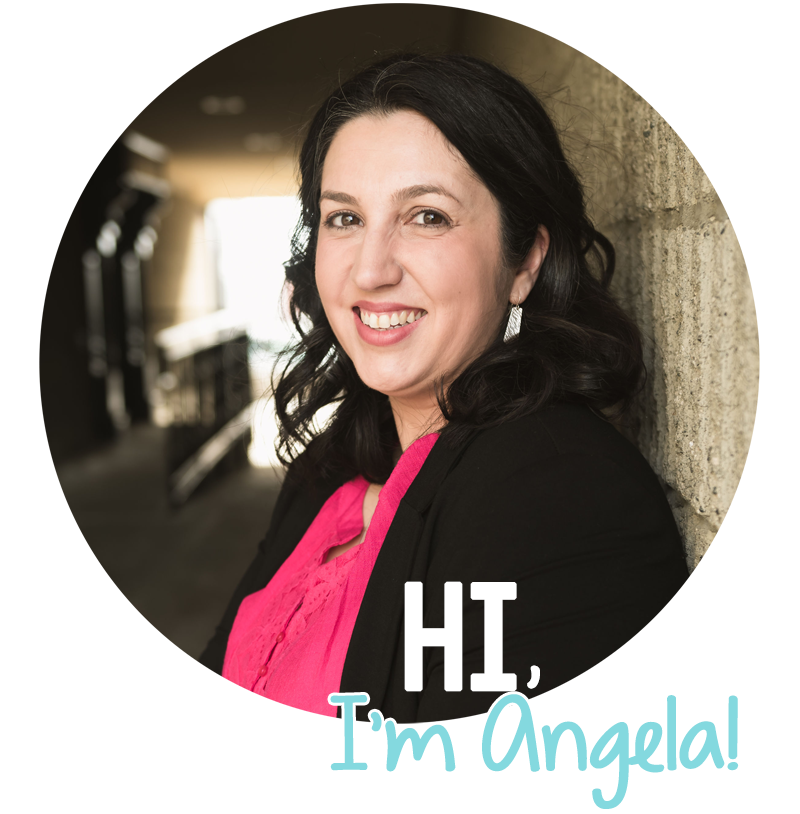As teachers, we get to decide how our students learn content. We know the value of written tasks, but we also know the power of engagement through games. Incorporating fun classroom games into your lesson plan offers a simple
way to motivate your students, and encourage them to draw on their
creativity and imagination. Games are an easy way to boost participation from reluctant or shy learners too!
Games can be incorporated into any subject area, at any grade level. These game ideas will allow your students to have fun, without perhaps even realizing that they’re learning too! Be sure to stick around to the bottom for a freebie game you can add into your classroom rotation.
Board Games
Having to answer questions on a worksheet can be stressful for many kiddos. Games can be used as a less stressful way for students to demonstrate their knowledge, skill and understanding of a topic. You’ll be able to assess a more accurate understanding of student knowledge when that stress is eliminated.
Gold Fever!
Gold Fever is a gold rush themed board game that can complement any gold
rush lesson. It has been carefully designed to keep the students
engaged. There are 5 different action spaces the board. Students are
challenged to collect the most gold nuggets while learning about the
life of a miner. The game can be used for test review, small group work, or additional after school support.
Scoot Games
Scoot is an engaging and fun game that can be used to review or reinforce any concept in any subject area. There are many variations, but they all work from the same idea.
The teacher places question cards around the classroom. Students will move from one card to another, answering the questions. After a certain amount of time (varies depending on question complexity) the teacher will say “Scoot!” and students rotate in the same direction to a new question card.
Before playing a game of Scoot it is important to practice the rotating aspect and ensure students know which direction they will be rotating. Each time I play Scoot in my classroom, I like to set up the rotation similarly to reduce confusion.
Comparing and Ordering Numbers to 10000
In Math, a favourite Scoot game of mine focuses on the skills of comparing and ordering numbers to 10000. There are 36 cards in all, asking students to:
- put a series of numbers in order from greatest to least
- create numbers by rolling dice and ordering
- fill in the blanks in consecutive number series
- find numbers in a series that are not in the correct order
- compare numbers using greater and less than symbols
Urban and Rural Communities
If you teach urban and rural community types, I’ve got a great way to wrap up your unit! You’ll get 24 questions covering the following topics:
- urban, rural and suburban community types
- modes of transportation
- local government
- goods and services
- community types
Telling Time
Help your students to read clocks and tell time with these fun and engaging task cards. This bundle contains four sets of task cards to reinforce time telling skills. Students will practice:
- telling time to the hour
- 24-hour time
- telling time in 5 minute intervals
- quarter to, half past, quarter after
Each set is colour coded, so they don’t get mixed up. You can print them with or without QR codes, so students can self-check their work if you wish.
Spins on Traditional Games
Pictionary
Pictionary is a word guessing game. You can vary from the original game by replacing the pre-printed drawing prompts with classroom word work lists. All you need is word lists, something to draw on, and a timer. If you wish, you could also keep track of score. Students will take turns picking a word from the pile and quick-drawing it for other players to guess. Teamwork games such as Pictionary help to increase class cooperation, which spreads to all other aspects of the classroom.
Headbandz
Headbandz is an excellent game to modify to any content area! It’s perfect for test review! You can create your own cards to fit the content you’re teaching. If you don’t have the game, cheap headbands from a dollar store will work just as well.
Playing a range of content specific games can increase memory. As they
play a game, students need to remember important details about a topic
but also use their working memory to think and act quickly. Here’s an example from my Motions of the Earth and Moon unit:
Bingo
Everyone loves a good game of Bingo! Getting to call out “Bingo” is a good thrill for any kid! Bingo games are low prep, easy to play, and perfect for any subject area. I’ve created a 3D shapes bingo for you to use in your classroom. Just click on the image or link below!
Pin this post.
Helping to inspire,















